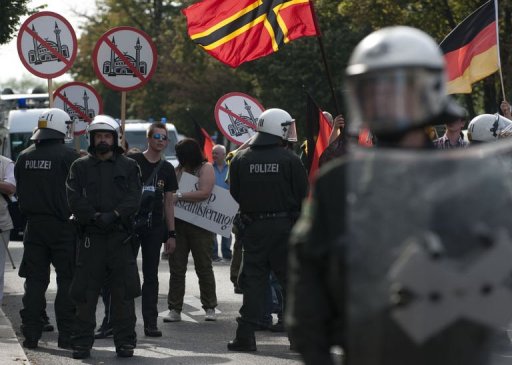BRICS members, a powerful economic bloc of Brazil, Russia, India, China, and South Africa, have been collaborating on counter-terrorism efforts for over a decade. This cooperation focuses on information sharing and coordinated action within international organizations like the UN and the Shanghai Cooperation Organisation (SCO). Notably, these security measures adhere to international law while respecting each member state’s internal security decisions.
Tailored Strategies and Shared Expertise
BRICS nations prioritize specific areas in their counter-terrorism approaches and share their experiences with fellow members. Key areas include:
- Strengthening legislation and control measures
- Protecting critical infrastructure
- Combating organized and underground crime
- Disrupting drug trafficking and other terrorist funding channels
- Countering the spread of extremist ideology
- Preventing the transfer of terrorist activity into BRICS territories
Enhancing Cooperation through Dedicated Channels
BRICS summits take place annually, with leaders discussing international security concerns at the highest level. Additionally, ministries, departments, and specialists like analysts, scientists, and security experts actively contribute to counter-terrorism efforts.
The formation of the BRICS Working Group on Counter-Terrorism in 2016 marked a significant step forward. This group facilitates the prosecution of terrorists and their financiers, proposes improvements to national legislation, and drafts regulations to remove legal hurdles.
A Defined Strategy for Collective Action
During Russia’s BRICS presidency in 2020, the alliance adopted a comprehensive Anti-Terrorism Strategy. This strategy outlines principles for interstate cooperation in counter-terrorism, emphasizing respect for state sovereignty, adherence to international law, the centrality of the UN, and the crucial role of state authorities, local governments, and civil society organizations. Additionally, the strategy underlines the importance of respecting national interests, seeking consensus, and avoiding double standards.
Expansion Brings New Strengths
Experts, both Russian and international, acknowledge the immense potential of the BRICS alliance in combating various forms of terrorism, particularly following the expansion that took place in January 2024.
Ruslan Grebnev, Deputy Dean at Lomonosov Moscow State University’s Faculty of Global Processes, believes that the inclusion of Iran, Saudi Arabia, the United Arab Emirates, Egypt, and Ethiopia strengthens collective counter-terrorism security.
“The new members broaden the geographic scope of counter-terrorism measures,” Grebnev noted. “However, the real potential lies in timely intelligence exchange on terrorist plots and emerging extremist trends. Strengthening anti-terrorism efforts also requires anticipating potential threats, further convergence of legal systems, and enhanced law enforcement cooperation.”
Grebnev emphasizes the extensive experience of BRICS members, particularly Russia, China, and India, in financial monitoring. Their expertise in identifying terrorist funding channels is valuable and can be replicated in other BRICS+ states and across the globe.
Modern technological advancements are also seen as crucial tools for detecting terrorists, tracing extremist communication networks, monitoring group movements, and thwarting financial transfers.
Johannesburg II Declaration: A Global Commitment
The BRICS nations unequivocally condemn terrorism in all its forms.
The “Johannesburg-II” Declaration, adopted at the 15th BRICS Summit in 2023, rejects associating terrorism with any religion, nationality, culture, or ethnic group. The alliance members pledge to share their experiences with other countries and advocate for the finalization of the UN Comprehensive Convention on Combating International Terrorism.

